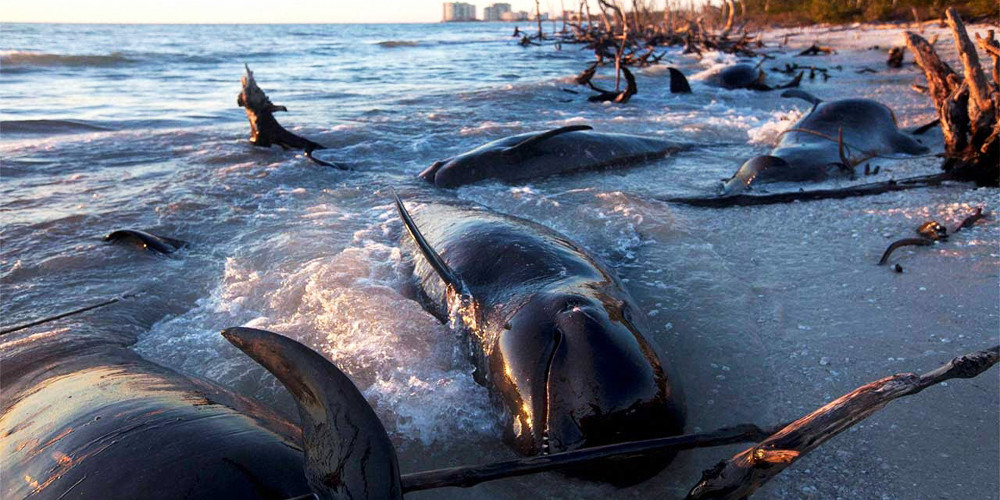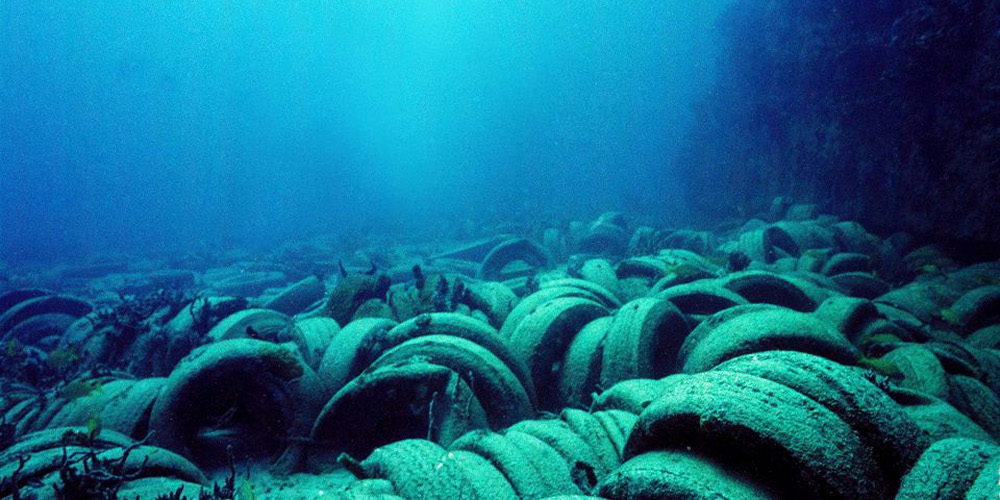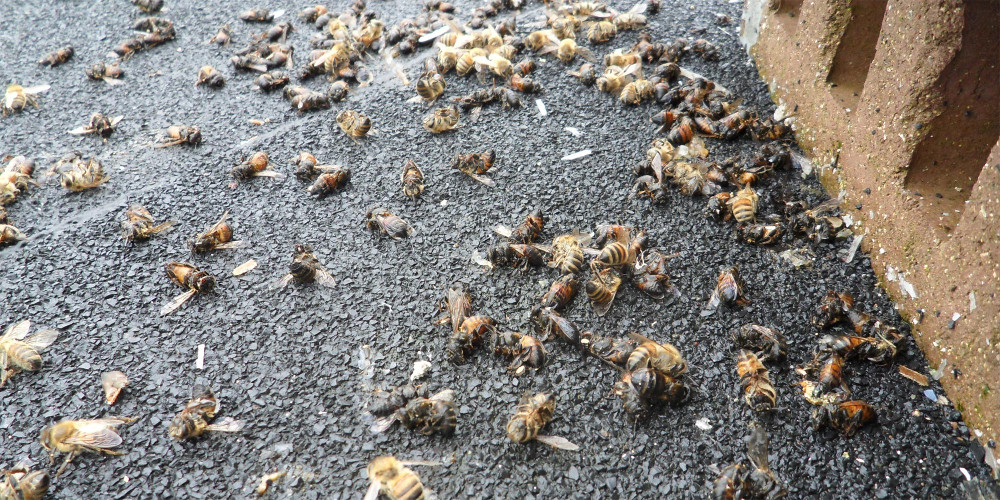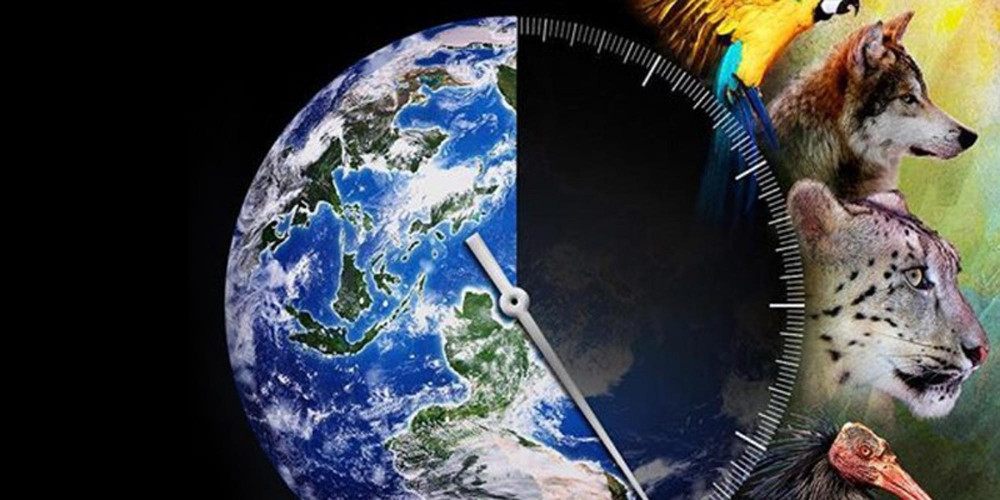Biodiversity
Humans are responsible for the massive extinctions of countless species on Earth. Reports state that 10-30 percent of mammals, birds and amphibians on the planet are currently in danger of extinction due to human activity, which includes deforestation, CO2 emissions, over-exploitation, and invasive species introduction. This rapid extinction is therefore likely to precipitate collapses of ecosystems at a global scale resulting in large-scale agricultural problems and threatening food supplies to hundreds of millions of people.
In any ecosystem, when one species dies, it affects other species, which depended on the now-extinct species for food and perhaps other necessities. When there is a sudden mass extinction of many species, a chain reaction can cause catastrophic results. For example, with the current destruction of marine ecosystems and exposing organisms to intolerable evolutionary pressure, humankind may be issuing in a mass extinction that will start from the ocean and move its way on up the food chain to land dwellers.
Another example of the effects of species extinction can be observed from Bees. Bees are dying - an alarming amount. Already, as many as 50% of the hives in the U.S. and Europe have collapsed in the past 10 years. The suspect in bee deaths is a class of chemicals called neonicotinoids, pesticides used on a massive scale in commercial farming. It is believed the chemicals impair the bees’ sense of direction, preventing them from returning to the hive. With reduced pollen in the hive, fewer queen bees are produced, and eventually the colonies collapse. Bees pollinate up to 1/3 of the world's food supply. No bees = 1/3 less food in the world.



